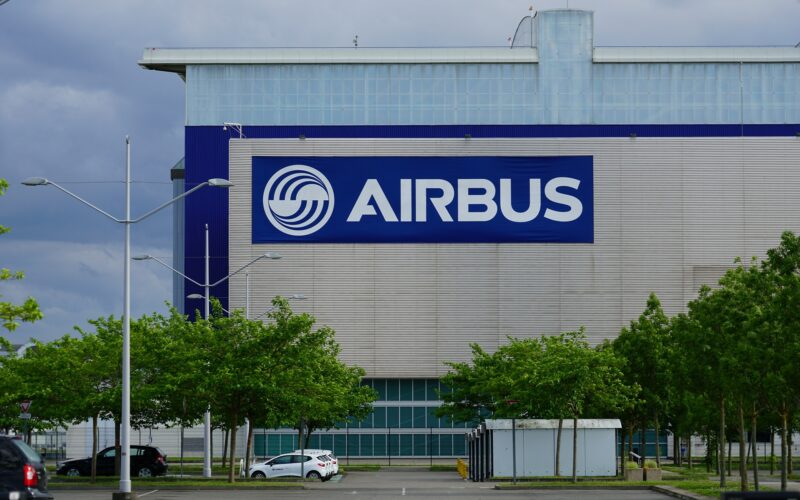The European Union Aviation Safety Agency (EASA) has issued an airworthiness directive (AD) addressing a storage-related battery problem on all Airbus aircraft.
The proposed AD, which is still open to comments from stakeholders, was issued following an investigation by Airbus and the unnamed manufacturer of the Nickel-Cadmium (Ni-Cd) battery. The two companies determined that “repetitive disconnection and reconnection of batteries during aeroplane parking or storage” carried out according to the aircraft’s maintenance manual, could result in the loss “of the capacity of those batteries”.
“This condition, if not corrected, could lead to reduced battery endurance performance, possibly resulting in failure to supply the minimum essential electrical power during abnormal or emergency conditions,” EASA stated in the proposed AD.
The potential unsafe condition was first addressed by Airbus issuing respective Alert Operators Transmissions (AOT) for A320, A330 and A340, and A380 aircraft “to provide maintenance instructions to restore an aeroplane to an airworthy condition and to preserve battery capacity during an aeroplane parking or storage period”.
The AOT resulted in EASA publishing an AD in December 2020, which required operators of A320, A330 and A340, and A380 family aircraft to replace affected Ni-Cd batteries.
However, now both Airbus and the battery manufacturer have determined that “the on-wing preservation procedures originally” in the AOT, as well as recommendations outlined in Airbus Operators Information Transmission (OIT) for A350 and A300/A310 family aircraft “did not ensure the expected preservation of the battery capacity”.
As a result, the proposed AD will supersede the December 2020 directive, extending the applicability to the A350 and A300/A310 aircraft families and will require the replacement of the affected batteries on all Airbus aircraft.
Replacing Airbus aircraft batteries
For operators to comply with the latest directive, EASA outlined time limits for different Airbus aircraft families.
For the Airbus A320 aircraft family, including the A318ceo, A319ceo and A319neo, A320ceo and A320neo, and A321ceo and A321neo, the batteries must be replaced before they reach six months of being on-wing during storage before the aircraft can be released back into service.
The same six-month timetable applies to all Airbus A330 (A330ceo and A330neo) and A340, as well as Airbus A300/A310 family aircraft.
For the Airbus A350 and A380 aircraft families, the batteries have an on-wing battery storage time limit of 12 months.
However, the battery part numbers (P/N) differ, as defined by EASA’s AD.
Stakeholders are invited to comment on the changes until October 2, 2023, with EASA planing for the directive to come into effect 14 days after that date, per the standard procedure.

